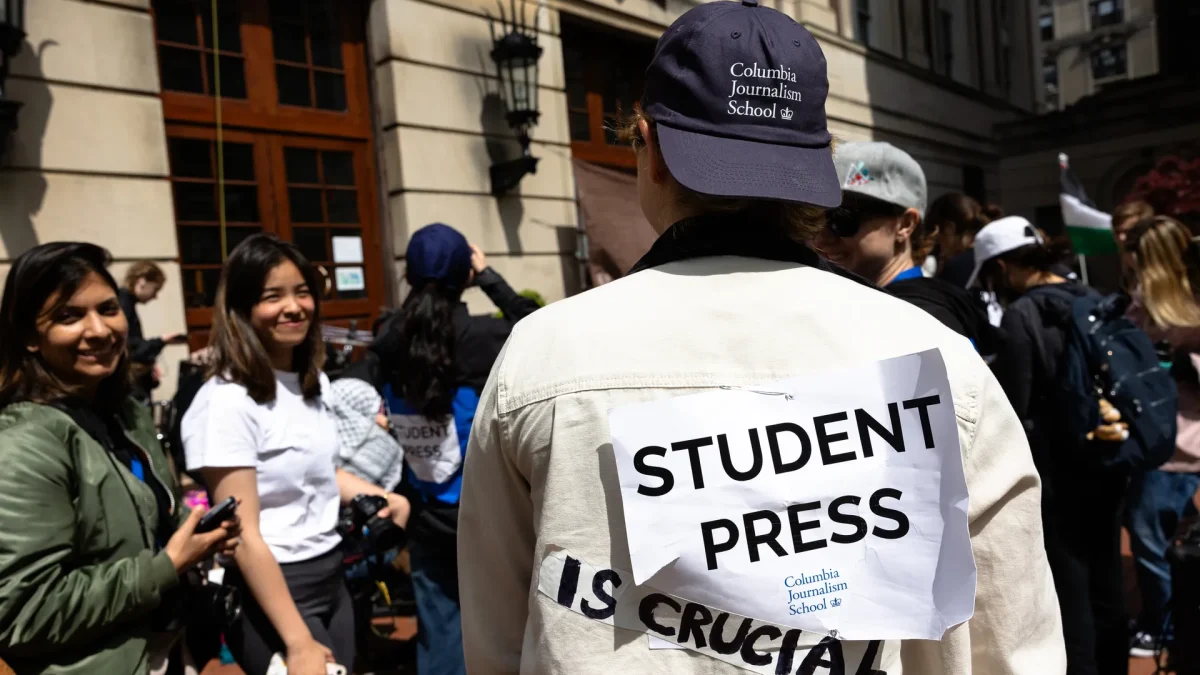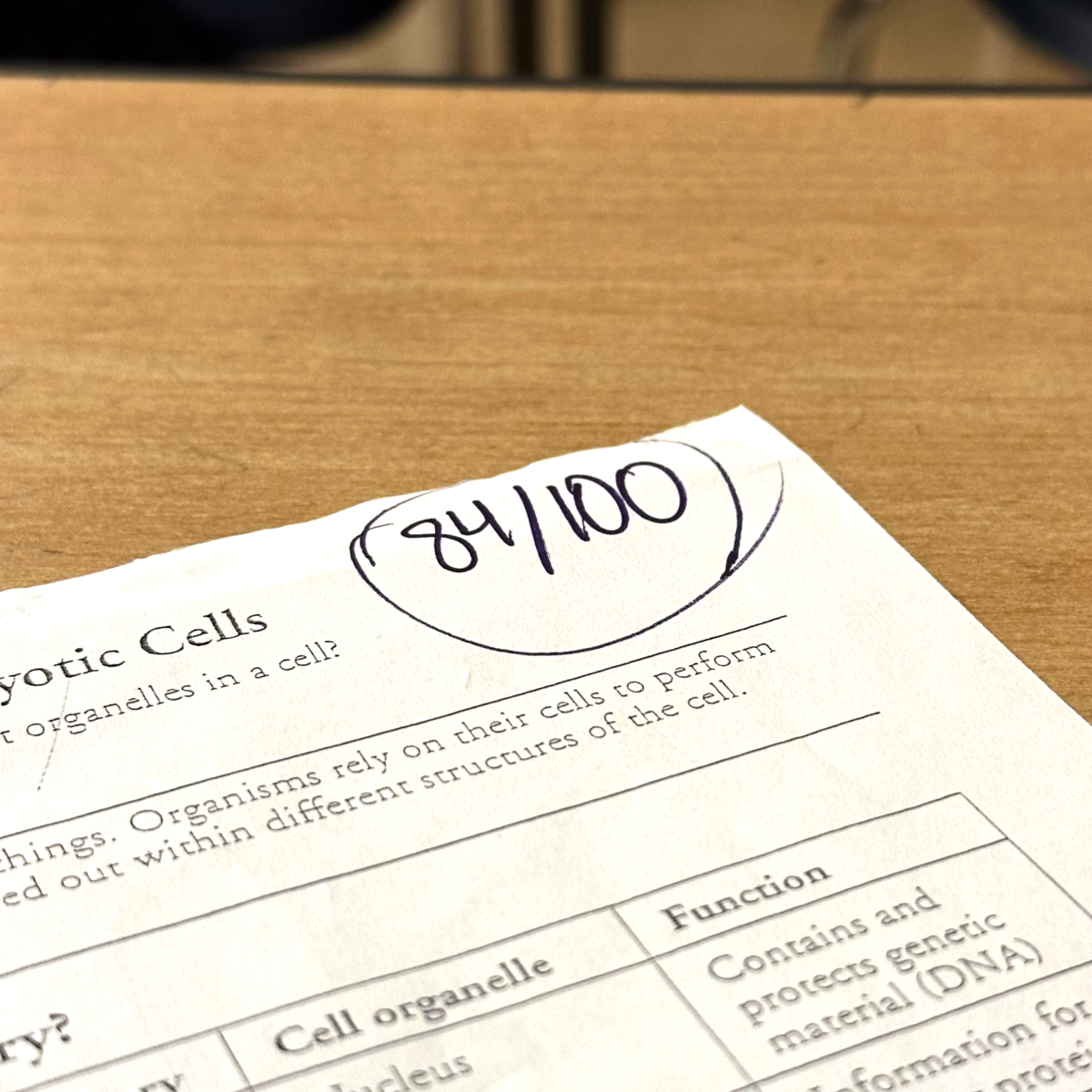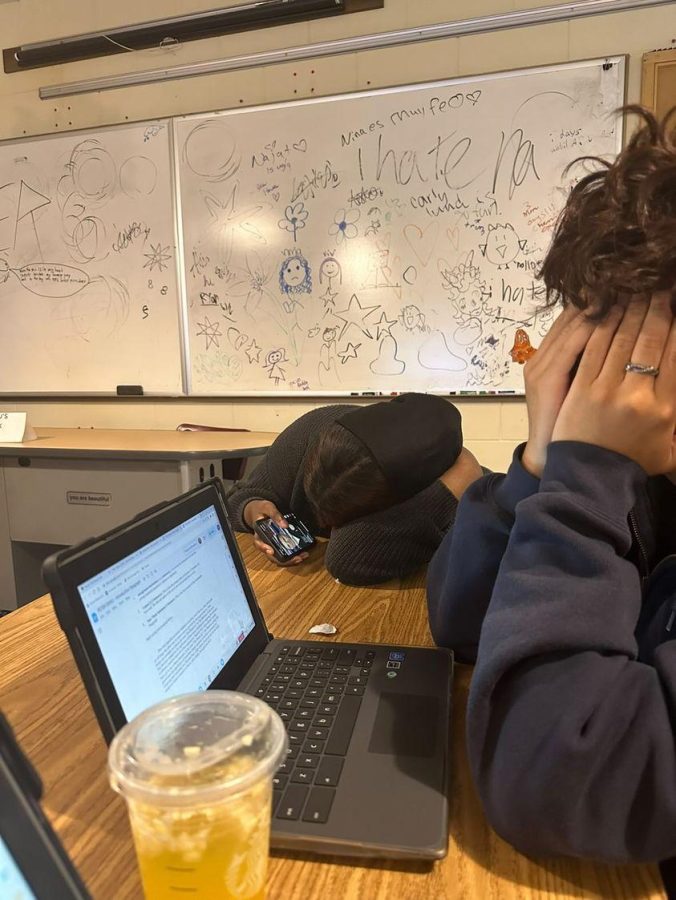In the early 20th century, teacher tenure was created to protect teachers and professors from politically-based disciplinary action. At this time, a majority of teachers were female. Oftentimes, these women would get fired upon becoming pregnant, or for personal reasons by males in authority positions. The tenure system made it more difficult for these processes to take place, thus protecting these professionals’ jobs.
But the education system has evolved. Now, tenure seems to have become a golden standard that marks a safe career for life. This is not necessarily true everywhere. It is possible to dismiss a tenured teacher; it is simply a more burdensome process than letting a new teacher go, and the process makes it a relatively uncommon occurrence.
In many districts around the country, teachers don’t get assessed after gaining tenure, thus giving them job security with no further measure of accountability. Until recently, Minneapolis Public Schools (MPS) was one of these districts. In the past few years, however, the district has enacted several measures of accountability, including observations, student surveys, and test results. This change was not met with complete satisfaction.
Upon writing an article about this very program in the fall, I interviewed an untenured teacher, Jenny Hill, who appreciated the program as one that would hold her accountable, and help her to be the best teacher she could be.
Both tenured teachers I interviewed were upset that they would be observed and recorded, and that this data could be used to rank teachers, and possibly to fire ineffective ones.
Having effective teachers is crucial. This is not done by eliminating the tenure system as a whole, but rather by interlacing the system with clear and reliable measures of accountability. MPS has done an impressive job creating a system that works. Combining several elements of teaching in the evaluations ensures that all aspects of teaching are assessed. Although no system can be perfect, I believe that this system, with its blend of approaches, gets close.
An important aspect of any evaluation system is its opportunity for support from peers. The system used by MPS allows for teachers to find their flaws and receive help from peer coaches, administrators and district teams. This system has long been in place for new teachers, and first year teacher Erick Taggart appreciates the support it gives, but he adds that even experienced teachers can improve.
“I think to some degree it’s a profession where you never are fully developed,” said Taggart. “It’s something where you can constantly learn and continue to develop, so a certain amount of accountability to make sure that we are still doing that and providing the best possible lessons we can to our students is important.”
There is controversy that the results of teacher evaluations may be used to rank and dismiss teachers in the case of a budget cut, but I believe that this is a completely valid move on the part of any school district. A good education is the key to a successful future, so I want my future to be in the most capable hands. In any profession, one who is simply more effective than another deserves the job more.
“It is not easy for a first year teacher to get a job,” added Taggart. It simply isn’t fair that someone who may be an incredible teacher fails to secure a job just because someone else has been in the system longer. Job security should be dictated by performance, not longevity.
I am not advocating that the tenure system be demolished. I think it is essential that teachers have the opportunity to grow, develop and try new things. Tenure allows them to update and change their teaching styles as times change to fit the needs of students. In this way, tenure can be used to allow for a more individualized education experience for students.
“You’re going to fail multiple times on the way before you get that experience that’s necessary,” said Taggart of the teaching profession. Tenure should remain in place to allow teachers to try and fail, so long as their failures are being addressed and resolved.
The ugly truth is that budget cuts do happen, and people do get laid off. But it doesn’t make sense to lay the most recent addition off if he or she is outperforming a more experienced teacher. Accountability measures will highlight those who are continually succeeding and those who aren’t, and districts can lay off accordingly to ensure the best education for all pupils.
Tenure can no longer be seen as a line that marks the end of accountability. It is important to be constantly assessing teachers so that the tenure system can be properly utilized to develop teachers’ skills. With the opportunity for reflection and instruction that evaluations and other accountability measures provide, teachers will truly be able to continually serve our students.
“In the end,” said Taggart, “it’s a public service job. We are accountable to the public, so making sure that we live up to that expectation is important.”






